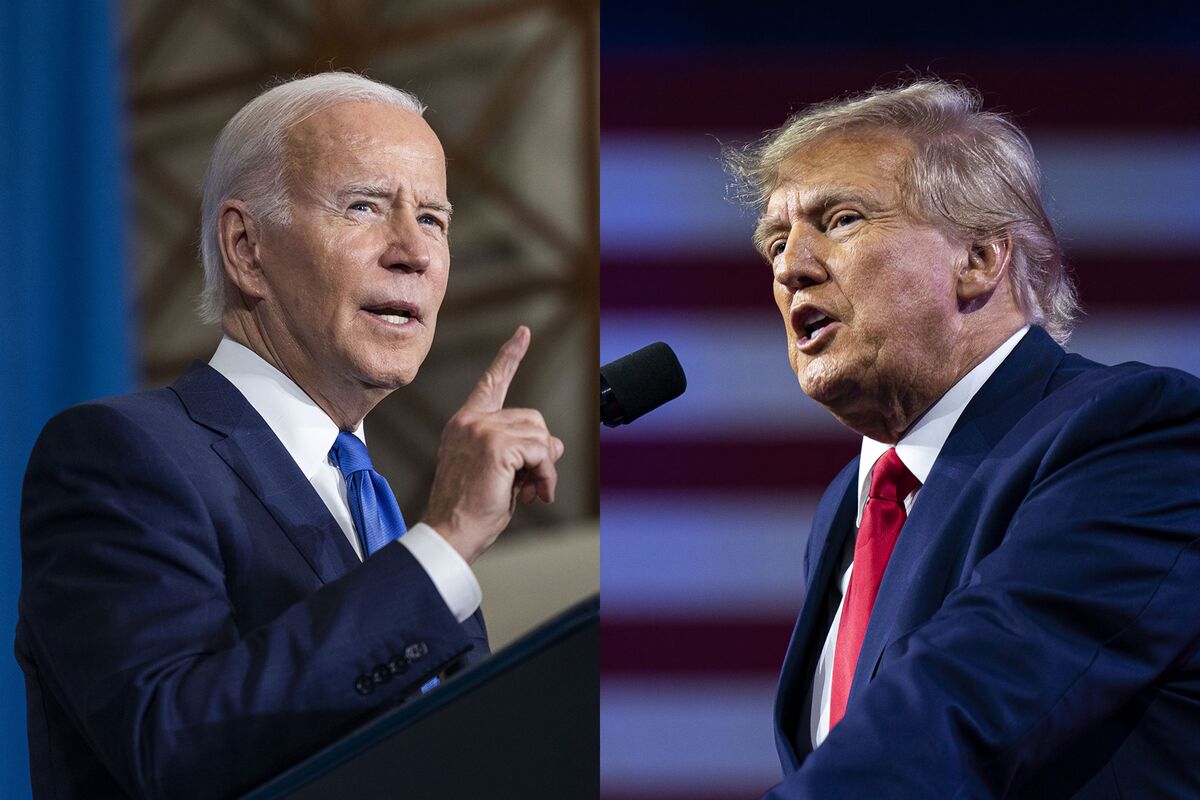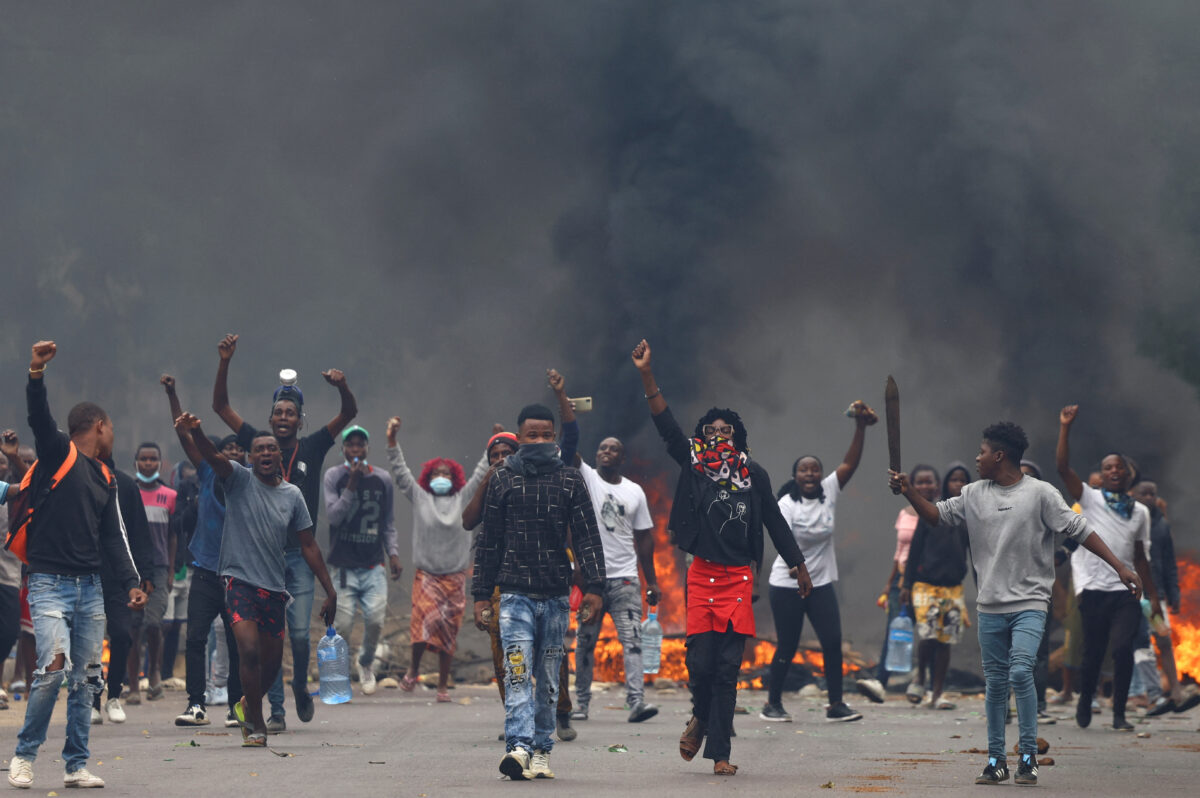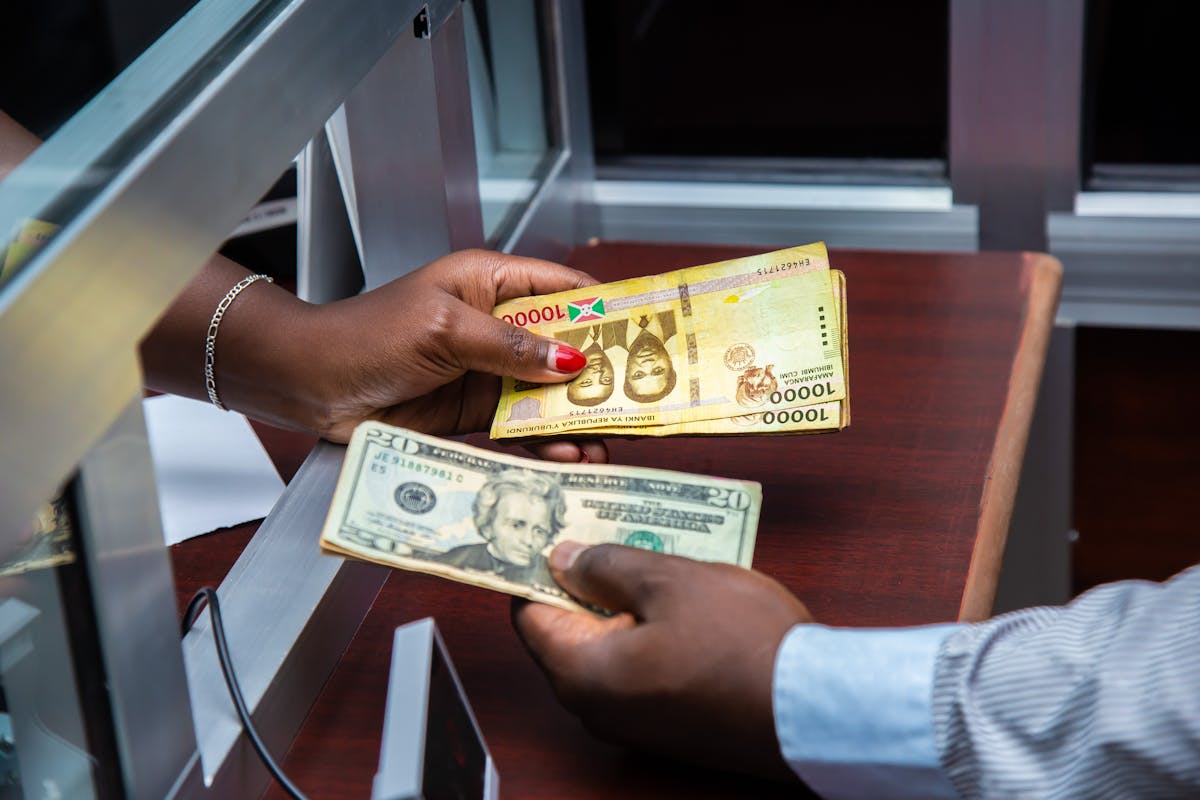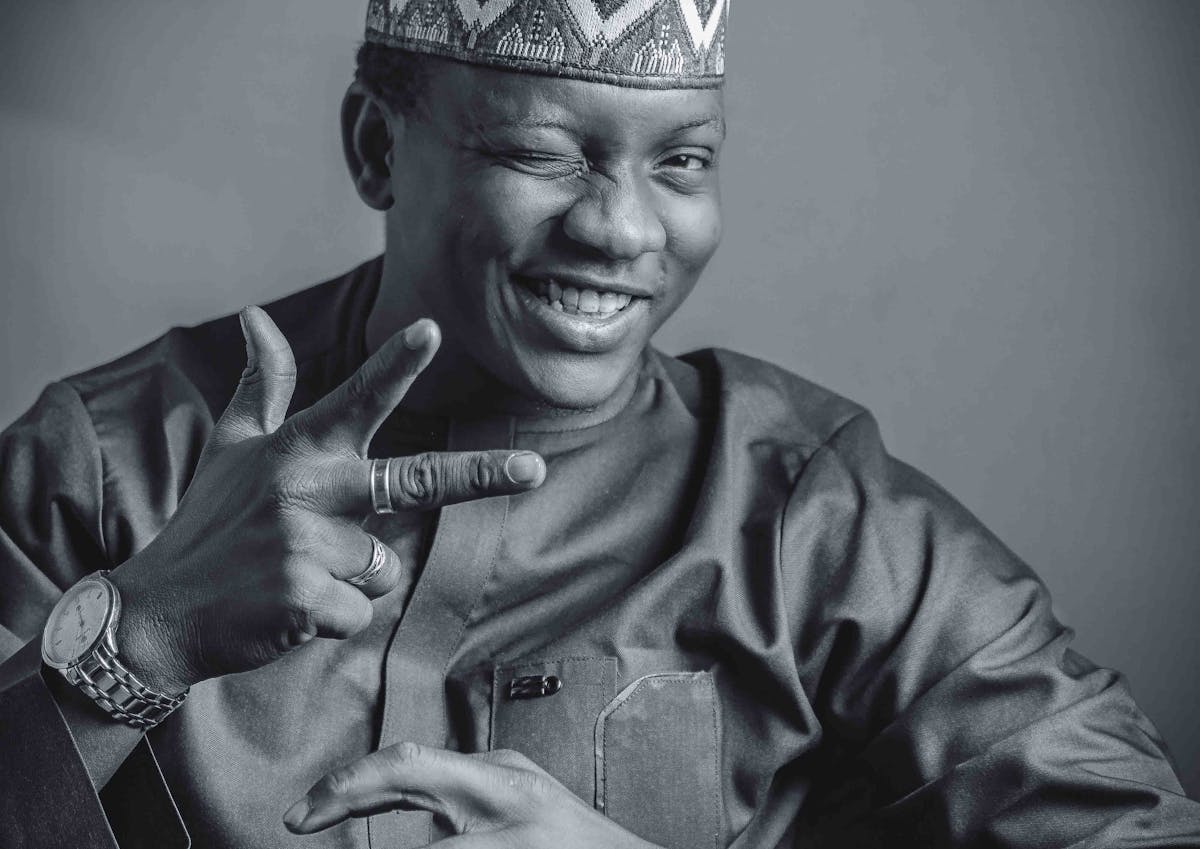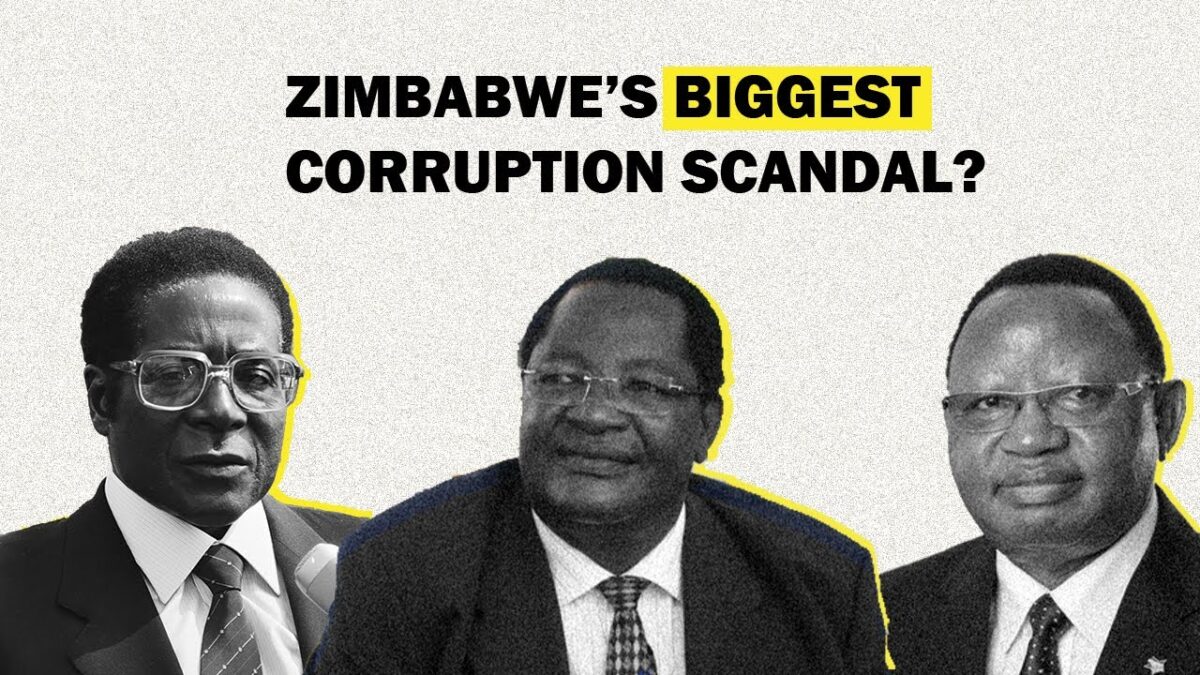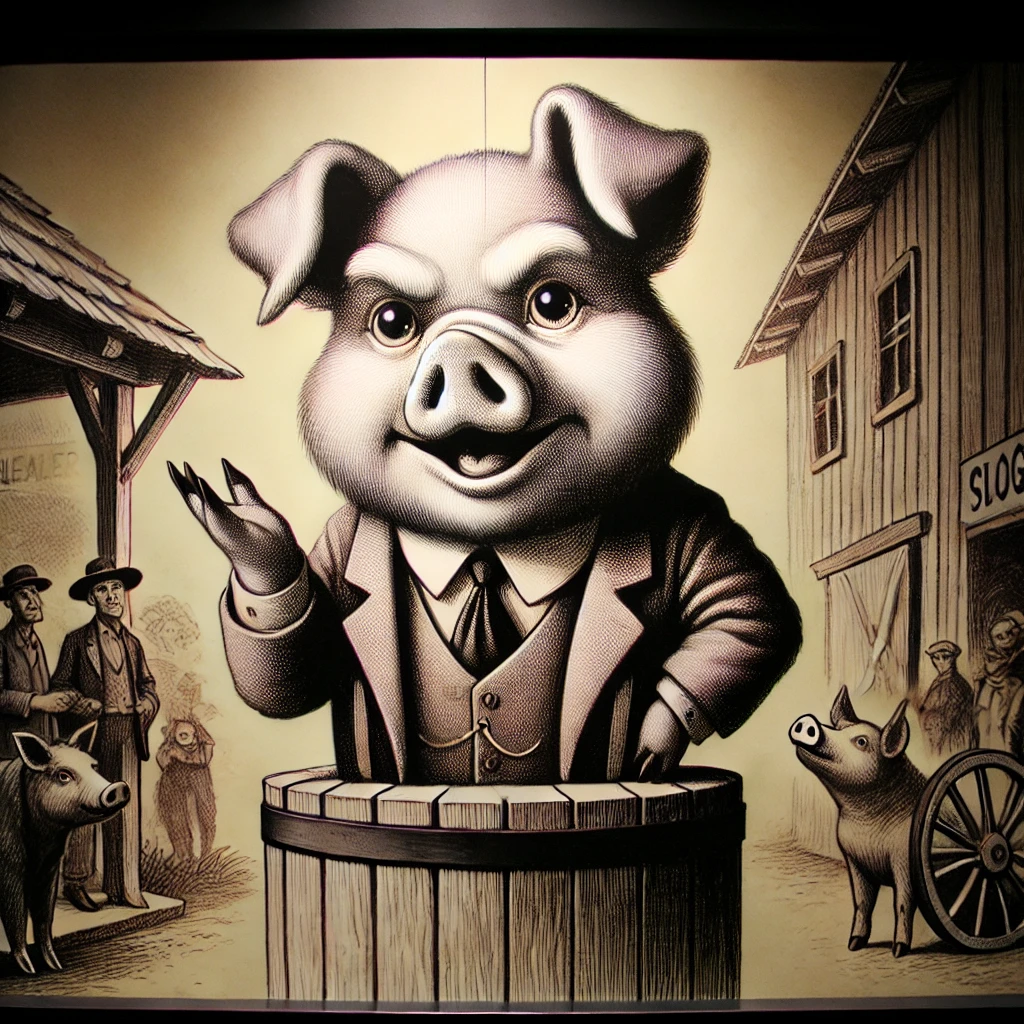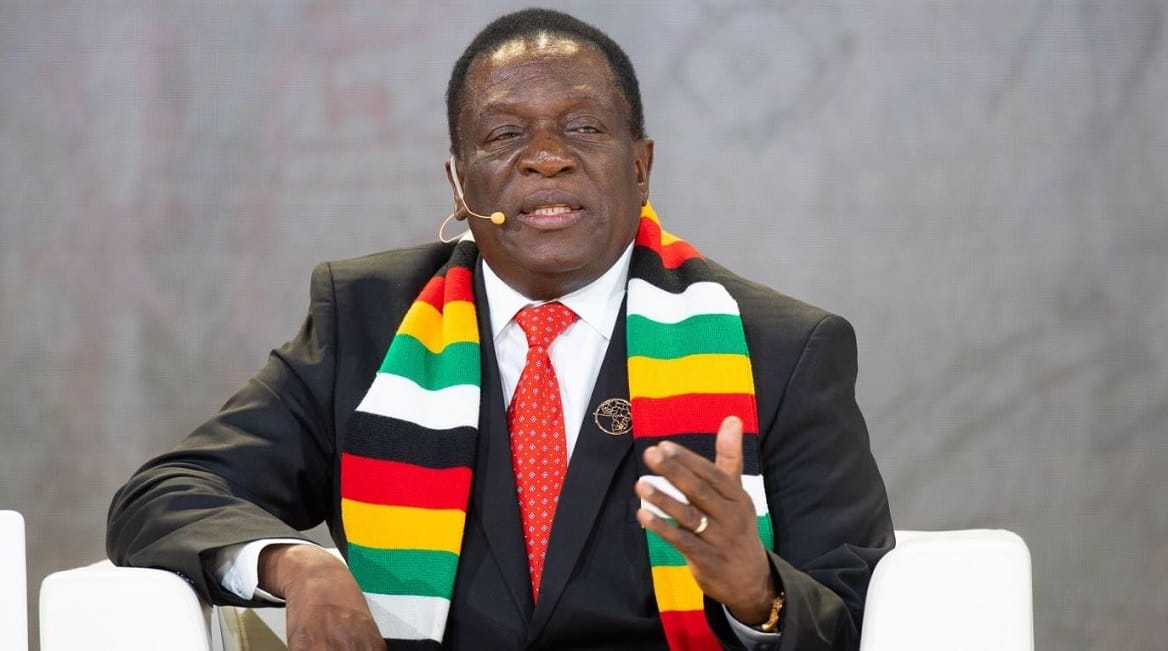
Emmerson Dambudzo Mnangagwa, born on September 15, 1942, in Zvishavane, Zimbabwe, is the current President of Zimbabwe, having assumed office on November 24, 2017. His political career spans several decades, marked by significant roles in Zimbabwe’s liberation movement and subsequent governance.
Early Life and Education
Mnangagwa’s early education began at Lundi Primary School in Zvishavane. In 1955, his family relocated to Northern Rhodesia (now Zambia) due to his father’s political activism. There, he attended Mumbwa Boarding School, Kafue Trade School, and Hodgson Technical College, where he pursued a City and Guilds Industrial Building program. His political involvement led to his expulsion from college in 1960. He later studied law at the University of Zambia, earning his degree and practicing as an attorney for two years.
Political and Military Involvement
In the early 1960s, Mnangagwa joined the United National Independence Party (UNIP) Youth League in Zambia. He later became a member of the Zimbabwe African People’s Union (ZAPU) in 1962 and subsequently the Zimbabwe African National Union (ZANU) in 1963. He received military training in China and Egypt and led the “Crocodile Gang,” a group that conducted attacks against colonial establishments in Rhodesia. In 1965, he was involved in a train bombing near Fort Victoria (now Masvingo), resulting in his arrest and a ten-year imprisonment.
Post-Independence Roles
Following Zimbabwe’s independence in 1980, Mnangagwa held various key governmental positions:
- Minister of State Security (1980–1988): Oversaw the Central Intelligence Organisation during a period that included the controversial Gukurahundi massacres.
- Minister of Justice, Legal and Parliamentary Affairs (1989–2000): Managed the country’s legal and parliamentary systems.
- Speaker of Parliament (2000–2005): Presided over legislative proceedings.
- Minister of Rural Housing and Social Amenities (2005–2009): Focused on rural development initiatives.
- Minister of Defence (2009–2013): Oversaw the nation’s defense policies and military operations.
- Minister of Justice (2013–2017): Returned to manage the justice ministry before becoming Vice President.
Ascent to Presidency
In December 2014, Mnangagwa was appointed First Vice President of Zimbabwe. However, in November 2017, he was dismissed from his positions amid internal party conflicts, particularly with the Generation 40 faction led by then-First Lady Grace Mugabe. Following his dismissal, Mnangagwa fled to South Africa. Subsequently, a military intervention occurred, leading to President Robert Mugabe’s resignation. Mnangagwa returned to Zimbabwe and was sworn in as President on November 24, 2017.
Recent Developments
Mnangagwa was re-elected in the August 2023 general election, securing 52.6% of the vote. His administration has faced challenges, including economic sanctions, which he asserts have impacted Zimbabwe’s developmental agenda. In October 2024, during the Anti-Sanctions Day commemorations in Bulawayo, he stated that sanctions are affecting the government’s 2030 agenda by restricting access to international financial support.
Additionally, Mnangagwa has called for an apology and reparations from the British government for its colonial rule over Zimbabwe. He emphasized the need for Britain to return the remains of Zimbabweans taken during the colonial era.
Personal Life
Mnangagwa is married to Auxillia Mnangagwa, and they have two children, Farai and Emmerson Jr. He is known for his interests in farming, particularly beekeeping, and is a skilled chess player. He is also multilingual, fluent in several languages, including English, Shona, and Ndebele.
Pragmatic Nationalist
The title that best characterizes Emmerson Mnangagwa is “Pragmatic Nationalist”. This term captures his leadership style and priorities as Zimbabwe’s president, where he balances national sovereignty, economic pragmatism, and political continuity within the framework of Zimbabwe’s history and current challenges.
As a “pragmatist,” Mnangagwa approaches leadership with a focus on practical outcomes and balancing international relations with national needs. His economic initiatives, such as the “Zimbabwe is Open for Business” campaign, are aimed at attracting foreign investment while still managing the realities of sanctions and economic constraints. This reflects a pragmatic approach to development, aiming to work within existing limitations to push forward incremental growth and stabilization.
As a “nationalist,” Mnangagwa emphasizes Zimbabwe’s sovereignty and the reclamation of resources and autonomy that were historically impacted by colonialism. His calls for reparations and demands for the return of Zimbabwean remains taken during the colonial era highlight a nationalistic commitment to reclaiming Zimbabwe’s history and cultural heritage. His policies and rhetoric align with a strong sense of patriotism and the idea of Zimbabwean self-reliance and national dignity, making “nationalist” a fitting descriptor.
Discover more from sbnn
Subscribe to get the latest posts sent to your email.



